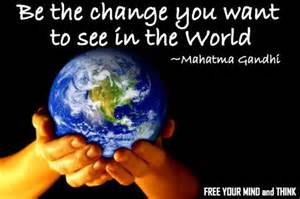As an early childhood professional, I am passionate about the growth and overall development of young children. As an educator I am aware of the importance of identifying my own bias and strengths, and I know that those biases and beliefs must be cast aside in order to be effective. These strategies will allow me to assist children and families and help them feel comfortable regardless of ability, culture. I would also like to possess the sensitivity needed to talk to others about the importance of being dissimilar and distinctive, because only when addressing unique differences will we all be capable of accepting the fact that we are all different but have many similarities.
Finally, I want to thank to my colleagues and Dr. Kien for their collaborative efforts to assist me with the enhancement of my professional endeavors and my personal growth. The interactions that I have had through post, emails and social media helped me enhance my viewpoints, and realize my faults. For those of you who went the extra mile when I didn’t have power and as I recovered from surgery or just needed to pick up the phone and vent in the middle of the night, I take my hat off to you. I extend to all of you an overwhelming abundance of gratitude. In closing, I encourage all of you to continue being the positive forces in life that touch the hearts of young minds and inspire them to do great things in life!
Wishing you all the best in the last course of this program degree and in future endeavors and look forward to meeting you at commencement!

